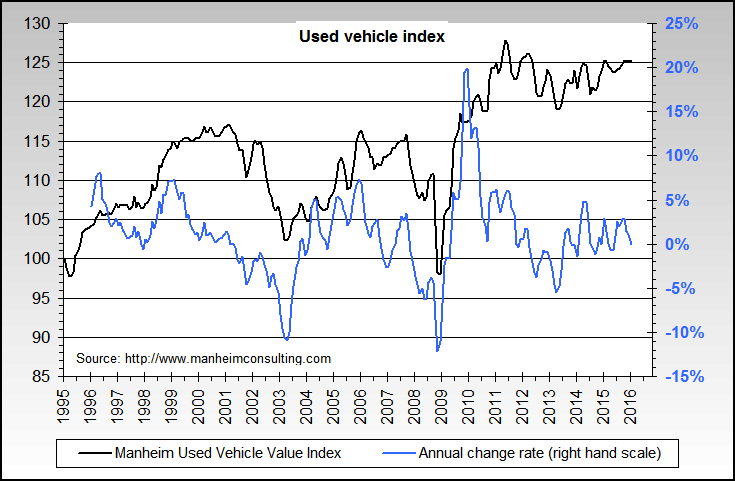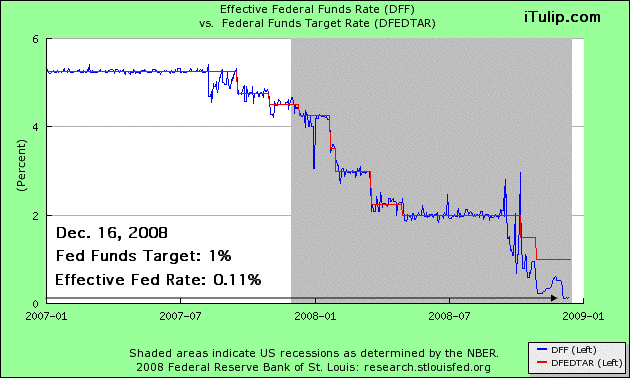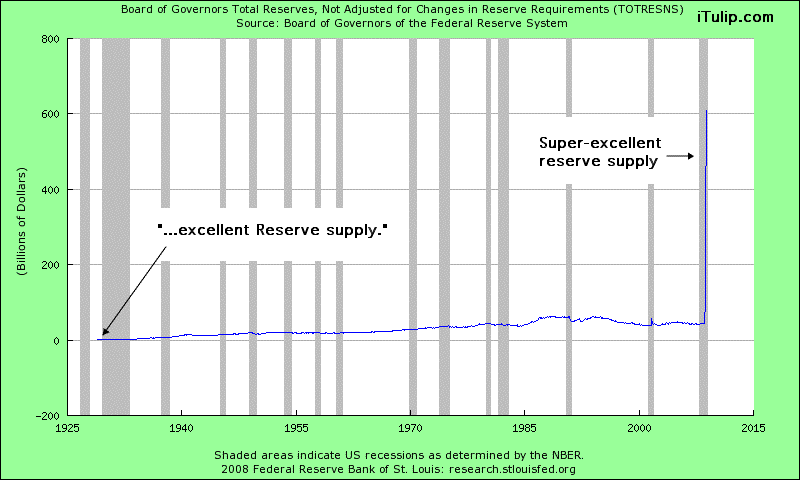Originally posted by Sapiens
View Post
Advice to readers: take advantage of the early 2009 Great American Fire Sale and go out and buy all the generators, chain saws, washing machines, fine linens, and other durable goods you’re going to need for the next few years because by the end of 2009 most of the inventory may be sold through, many retailers will be shut down, and replenishment of stocks of the survivors will likely be meager; our models say that the goods supply will decline more precipitously than the supply of money available to pay for them. That spells severe stagflation.



Leave a comment: